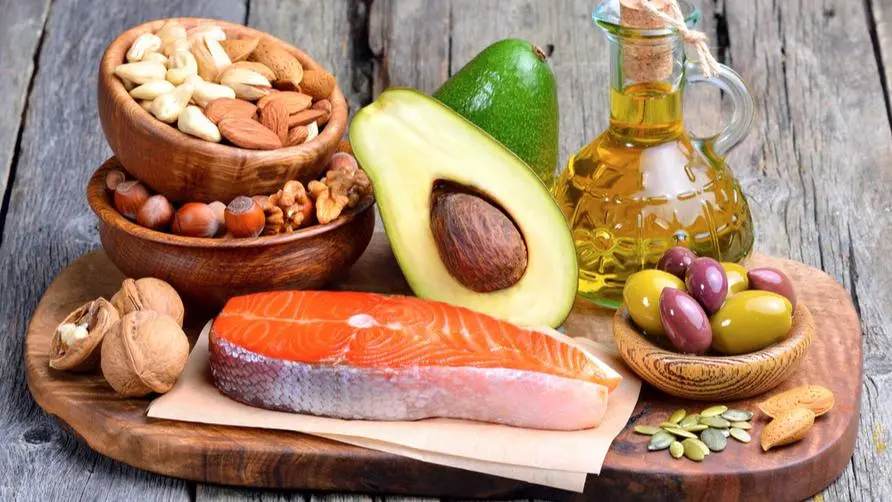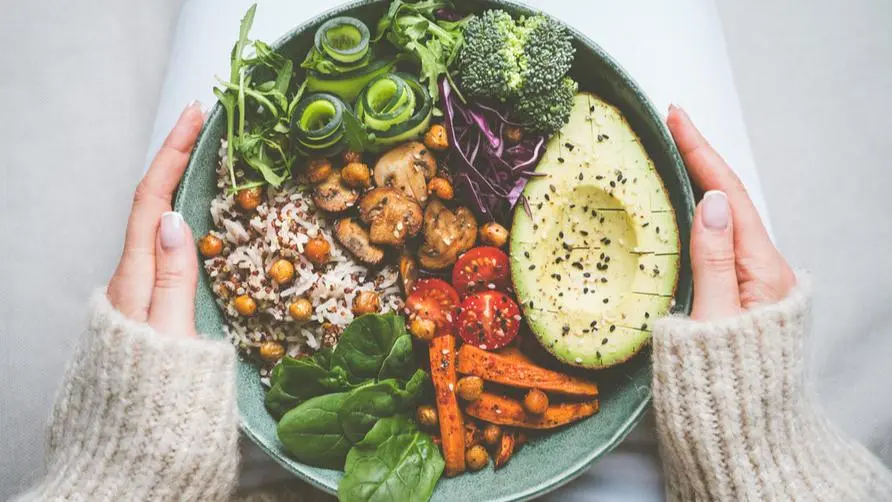Can a vegetarian diet also "build muscle and reduce fat"? Research recommends 8 must-eat sources of "plant-based protein"

Many people who have exercise habits take natural protein or brew protein powder in order to build muscle. Good sources of protein are mostly found in lean meats such as chicken, beef, and pork, as well as seafood such as fish, crustaceans, etc. If you have a vegetarian habit or are unable to eat meat due to your religious beliefs, how can you obtain high-quality protein through a natural diet?
According to various research recommendations, vegetarians can maintain existing muscle mass through the following 8 natural food sources, combined with moderate exercise:
1. Tofu.
Unprocessed tofu made from soybeans is rich in complete protein and has a variety of nutrients. “Nutrients” research shows that tofu is a good source of calcium, manganese, selenium and isoflavones. Among them, “polyphenols” are more effective in lowering blood pressure, regulating blood sugar and lowering cholesterol.
One serving (85 grams) of tofu contains approximately 8 grams of protein.
2. Gluten.
Gluten is mainly made from wheat gluten and water. In Taiwan, it is often eaten with porridge or added to home-cooked side dishes. Unseasoned gluten is rich in protein; American nutrition expert Lauren Panoff pointed out that gluten is often used as a natural vegetarian meat, and the protein content is not lost to chicken, beef and other meats. In addition, gluten is also rich in multiple nutrients such as calcium, manganese, and phosphorus, and moderate intake has certain benefits.
One serving (85 grams) of gluten contains approximately 64 grams of protein.
3. Quinoa.
Quinoa is often added to rice, which not only helps to absorb more protein. Research published in “MDPI” also pointed out that quinoa has powerful antioxidant and anti-inflammatory capabilities, and regular consumption of quinoa can prevent various cardiovascular and metabolic diseases. disease. Additionally, quinoa has been shown to have beneficial effects on immune function.
One serving (85 grams) of cooked quinoa contains approximately 8 grams of protein.
4. Buckwheat.
It is a gluten-free quasi-cereal, similar to quinoa, and contains a large amount of essential amino acids. It is also an important source of phosphorus, manganese, copper, and magnesium. Research published in “Bentham Science” shows that regular consumption of buckwheat can help regulate cholesterol levels, fight inflammation in the body and lower blood pressure.
One cup (168 grams) of cooked buckwheat contains approximately 6 grams of protein.
5. Chia seeds.
“Molecules” research shows that chia seeds are an excellent source of protein and provide high levels of unsaturated fatty acids, dietary fiber, vitamin B complex and other nutrients. In addition, studies have pointed out that regular consumption of chia seeds can reduce high blood pressure, diabetes and cardiovascular problems, and is related to helping weight loss and improving endurance in athletes.
Two tablespoons (28 grams) of chia seeds contain approximately 4 grams of protein.
6. Flaxseed.
It is an important source of plant-based protein, rich in insoluble fiber, aspartic acid, glutamic acid and other nutrients, which is helpful for improving immunity and lowering cholesterol. Flax seeds can be added to desserts, soups, or baked goods for a high-quality source of protein.
One serving (85 grams) of flax seeds contains approximately 5 grams of protein.
7. Spirulina.
Research in the Journal of the Science of Food and Agriculture shows that spirulina is one of the microorganisms richest in protein, almost the same as soybeans and meat. In addition, spirulina provides rich vitamin B complex, vitamin C, magnesium, calcium and other nutrients, and has antioxidant, anti-inflammatory and other properties.
One tablespoon (7 grams) of flax seeds contains approximately 4 grams of protein.
8. Beans.
According to a study in the “Journal of Medicinal Food”, beans are a rich source of protein and provide a large amount of dietary fiber, iron, calcium, folic acid and calcium. Since beans are low in calories, they can also help with weight loss and blood sugar control. For example, peas, lentils or edamame are all good sources and can be added to staple foods to increase protein intake.
One bowl (200 grams) of cooked beans provides 15 grams to 39 grams of protein.
Even though the above foods can help maintain muscle mass, vegetarians should still eat a balanced diet and exercise moderately, and should not prefer a single diet or neglect exercise. In addition, if you are allergic to the above foods, or have gastrointestinal problems or gastrointestinal history, you should consult a nutritionist or doctor first to avoid any impact on the body.
Source:
Soy, Soy Foods and Their Role in Vegetarian Diets
Quinoa Secondary Metabolites and Their Biological Activities or Functions
The Current State of Knowledge on Salvia hispanica and Salviae hispanicae semen (Chia Seeds)
Potential application of microalga Spirulina platensis as a protein source
Nutritional Quality of Legumes, and Their Role in Cardiometabolic Risk Prevention: A Review
Further reading:





